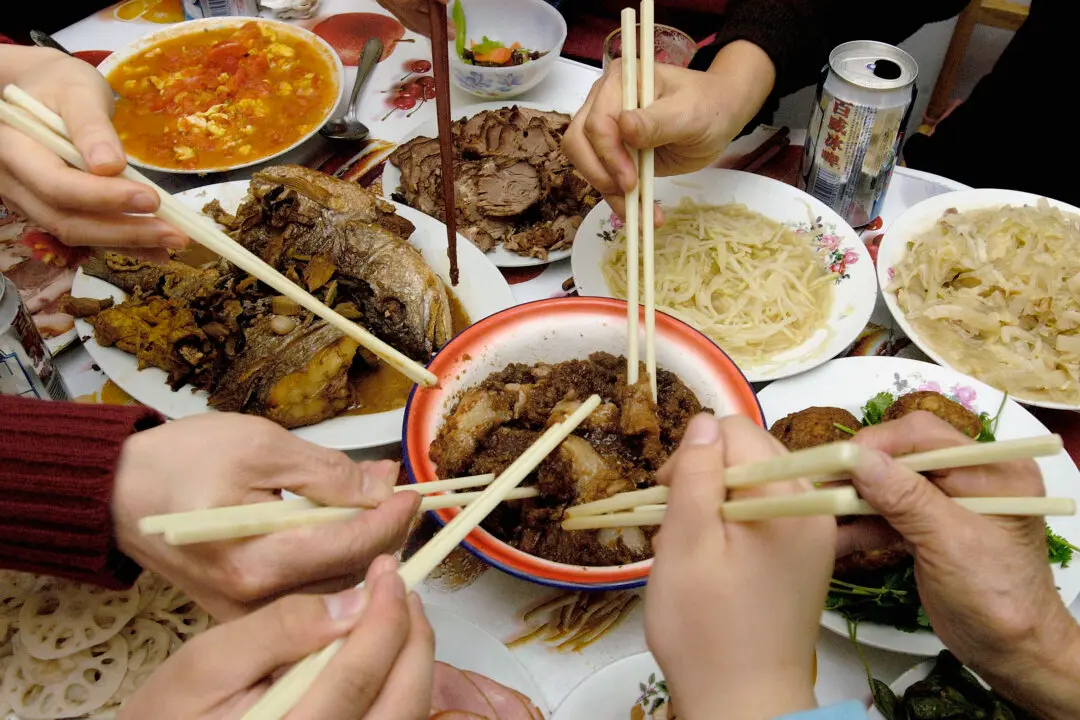A legal challenge has been launched in England on Friday against the incoming vaccine mandate for health care workers.
The challenge, supported by campaign group “Together,” comes days before the deadline by which health care workers have to get their first doses of CCP (Chinese Communist Party) virus vaccines to avoid being redeployed, or more likely, sacked, due to limited redeployment opportunities.





